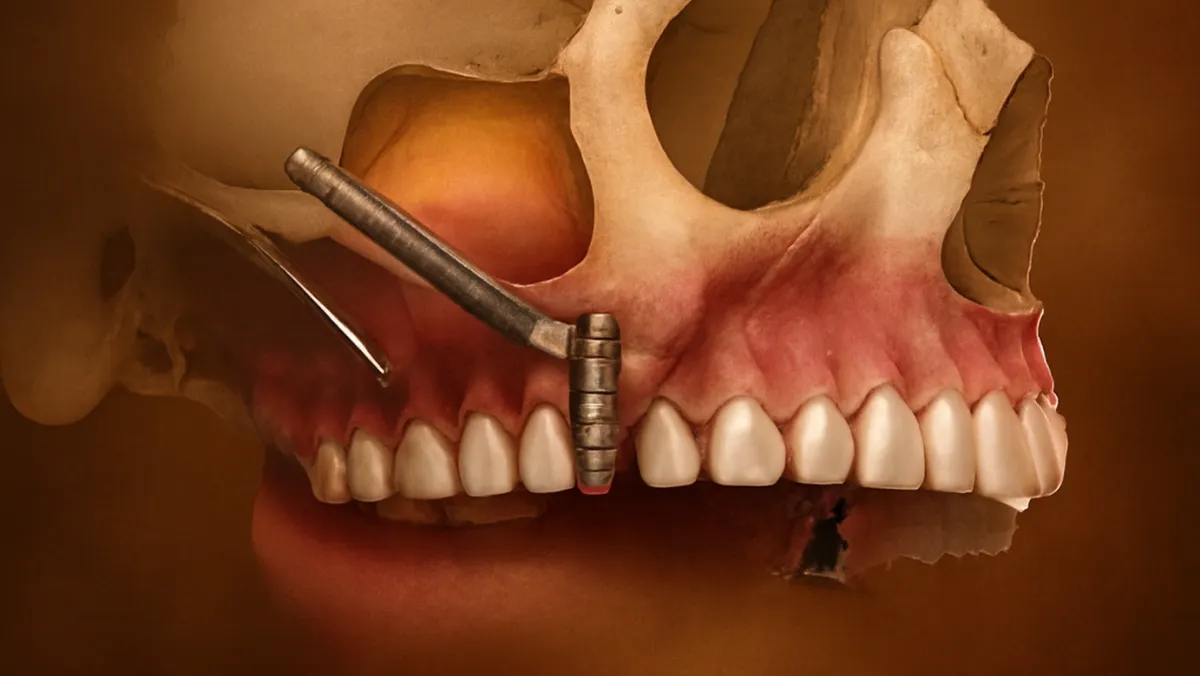
Safety Rate
Safety Rate
Zygoma implants are a revolutionary solution in advanced dental implantology, designed for patients who lack sufficient bone in the upper jaw. Unlike conventional implants that rely on the maxillary bone, these implants are anchored into the zygomatic bone—commonly known as the cheekbone—which is naturally dense and strong. This approach eliminates the need for extensive bone grafting, allowing patients to receive fixed teeth in significantly less time. Initially developed for patients with severe maxillary resorption, zygoma implants have grown in popularity worldwide due to their high success rates and life-changing outcomes. They are especially valuable for individuals who have previously been told they are not candidates for traditional implants. By offering both functional and aesthetic restoration, zygoma implants help patients regain confidence, comfort, and oral health. With skilled surgical techniques and modern prosthetic designs, they have become one of the most reliable alternatives in full-arch rehabilitation.
Patients are recommended zygoma implants when conventional implants are not possible due to extreme bone loss in the upper jaw. This procedure is ideal for those who cannot undergo or prefer to avoid bone grafting. It offers a permanent solution for individuals struggling with unstable dentures or missing teeth.
Recognizing early signs can help patients consider zygoma implants as a solution for their oral rehabilitation. Individuals often experience difficulty chewing, lack of denture stability, or chronic discomfort due to missing teeth. These issues can affect both nutrition and confidence.
The placement of zygoma implants requires precision and expertise. The surgery involves anchoring longer implants into the zygomatic bone while prosthetic teeth are attached. Unlike traditional implants, this process can often be completed in a single stage.
Zygoma implants are a practical option for patients who have lost most or all teeth in the upper jaw, particularly those unsuitable for bone grafting. They benefit both younger and older individuals seeking fixed solutions.
Treatment options vary depending on the extent of bone loss and patient needs. Dentists may recommend a hybrid approach, combining zygomatic implants with conventional implants, or using only zygoma implants in severe cases.
Zygomatic implants are used in cases where bone grafting or sinus lift procedures would otherwise be necessary. They provide a predictable and reliable alternative for restoring oral function.
The treatment is performed under local or general anesthesia by experienced oral surgeons. Using advanced imaging, the implants are precisely guided into the zygomatic bone. Once fixed, prosthetic teeth are attached, restoring full function.
Zygoma implants have proven to be highly reliable, with success rates comparable to or even higher than traditional implants. With proper surgical planning and maintenance, they can last decades.
While generally safe, zygoma implant placement carries potential risks that must be managed by skilled professionals. Most complications are rare and manageable.
Zygoma implants have transformed the way dental professionals approach complex cases of bone loss in the upper jaw. By bypassing the need for bone grafting, they provide a faster, more predictable, and long-lasting solution for patients who would otherwise be limited to removable dentures. Beyond restoring functionality, these implants deliver remarkable improvements in quality of life, confidence, and overall health. Their proven success rates and adaptability make them an indispensable option in modern implant dentistry. Choosing this procedure means investing in stability, aesthetics, and oral wellness. With continuous advancements in surgical techniques and prosthetic design, zygoma implants stand as a cornerstone of full-arch rehabilitation. Patients who once felt hopeless about regaining a permanent smile can now benefit from a secure and reliable treatment that supports both daily living and long-term satisfaction.
Zygomatic implants are designed to provide long-term stability and durability, often lasting decades with proper care. Their anchorage in the dense zygomatic bone makes them highly reliable compared to conventional implants in weak bone areas. With routine dental check-ups, professional cleanings, and good oral hygiene, many patients maintain them for life. Studies have shown survival rates of over 95% even after 15 years, highlighting their effectiveness as a permanent solution for patients with severe maxillary bone loss.
Alternatives to zygomatic implants typically involve bone grafting procedures combined with conventional dental implants. These may include sinus lifts, autogenous bone grafts from the hip or jaw, or guided bone regeneration. While effective, such procedures often require multiple surgeries, longer healing times, and increased costs. Removable dentures remain a simpler alternative but fail to provide the same stability and function. For patients seeking immediate, graft-free results, zygoma implants remain the most effective and reliable alternative to extensive grafting procedures.
India has become a preferred destination for dental implants due to its combination of advanced technology, skilled surgeons, and cost-effective treatment. Many dental centers are equipped with state-of-the-art imaging and surgical tools, offering world-class standards comparable to international clinics. Patients benefit from personalized care, experienced implantologists, and shorter waiting times. Additionally, the affordability of treatment without compromising quality attracts both domestic and international patients, making India a strong choice for procedures ranging from conventional implants to complex zygoma implants.
Meet our experienced team of anaesthesiologists dedicated to your safety and comfort
Our experienced anaesthesiologists are here to ensure your safety and comfort